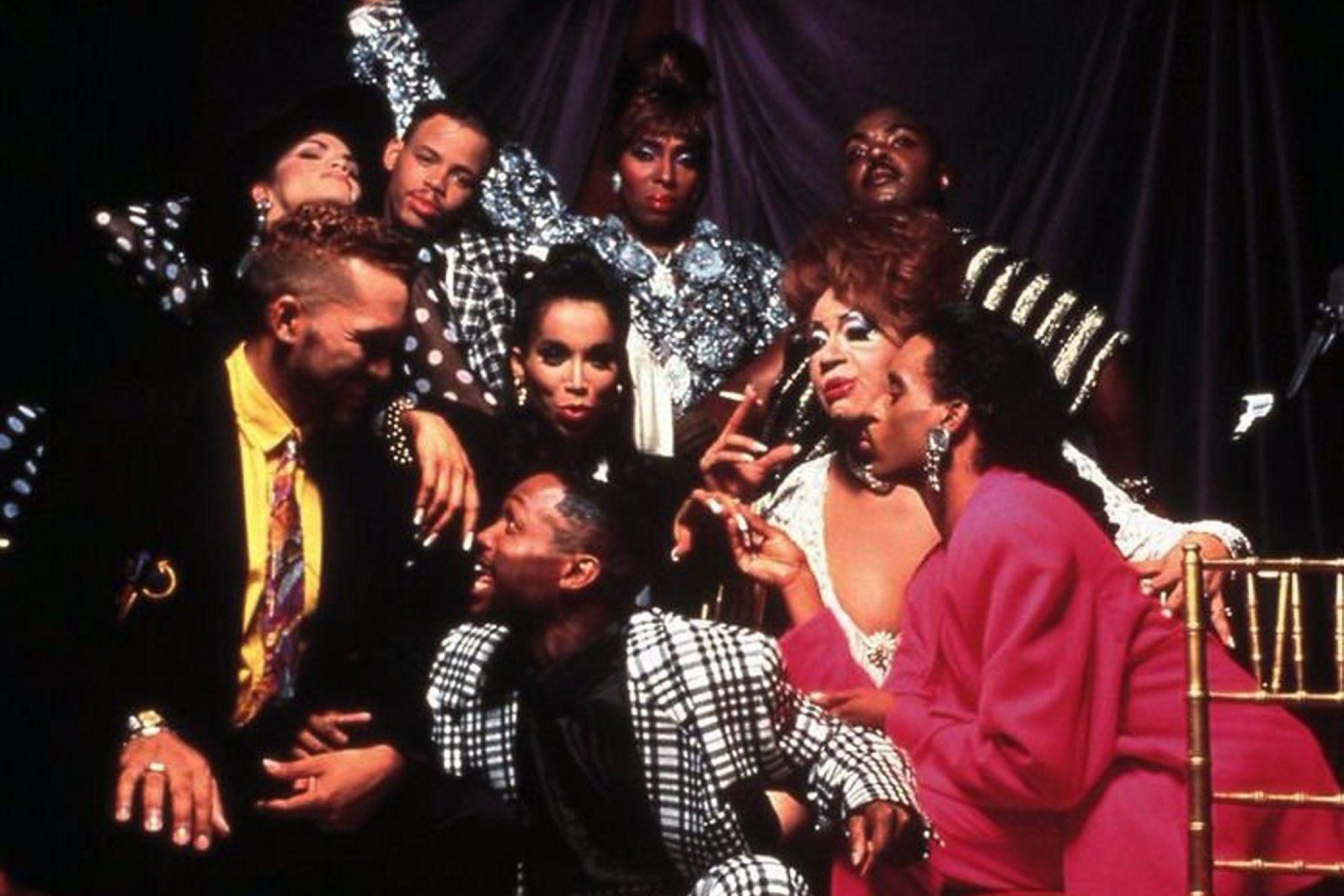 Lists
Lists
6 of the best dance music documentaries to watch on Netflix
Must-sees for all types of music fan, these are the best dance music documentaries on Netflix
We know how tempting it can be to just stick on Peep Show for the umpteenth time, but there’s more to watch on Netflix’s bounty of TV and film. Wading through the selection can certainly be a bit overwhelming and inevitably leads to time-wasting scrolling, which is why we’ve gone to the trouble to compile six of the best Netflix documentaries on dance culture available to watch at the moment.
Read this next: A history of rave in dance music documentaries
There are critically acclaimed dance music documentaries exploring the past, present and future of our world, deserving recognition for the black LGBTQ community as pioneers of the culture, lush musical and visual journeys through the history of the dancefloors that defied discrimination, and more. From tracing the importance of dance music in our society to observing how it’s gone from small clubs to mega venues and the people who made it happen, these dance music documentaries are must-sees for any dance music fan. So save yourself the endless scrolling, give Big Suze a rest and get stuck in….
(2007) Paris Is Burning
Paris Is Burning (pictured) paints a vivid picture of Manhattan’s LGBTQ vogue ballrooms. Filmed in the mid to late eighties, this film shines a light on one of the most influential subcultures and the people it serves. Relaying the story of drag culture as told by the queens themselves, the film is a vital education on the marginalised community who forged the scene. This landmark but controversial dance music documentary gives a powerful and fiercely entertaining peek into 1980s New York with an anthropologist’s eye.
Read this next: Voguing: A Brief History of the Ballroom
(2015) Daft Punk Unchained
Daft Punk Unchained documents the elusive music duo’s rise to fame and their pioneering influence on the electronic music scene. It includes unseen footage and exclusive interviews, all dug out from the archives as no new video was created for the film. There’s scenes of Kanye telling us how they “revolutionised dance music the most”, and clips of Daft Punk’s iconic 2006 Coachella performance that saw a 10,000 cap tent be filled with 40,000 bodies. Not to mention a former Virgin employee reminiscing on how the duo premiered their debut album to the label execs on a ghetto blaster. This film truly testifies to the legacy that enigmatic Daft Punk members Guy-Manuel de Homem-Christo and Thomas Bangalter have built so far in their remarkable career.
Read this next: No rules: how Daft Punk's 'Homework' changed dance music forever
(2015) This Was Tomorrow
Tomorrowland holds the place as one of the world’s biggest and most notorious music festivals. This film showcases all three of the different Tomorrowland events that cover three separate continents. The original location being Boom in Belgium, with offshoots in Brazil and the US’s edition TomorrowWorld. It follows six different revellers journeys from around the world to the festivals from their home countries. Through the film we learn the impact of music festivals and what electronic dance music means to the people in the business and those that take part in these festivals like Tomorrowland.
While the film has received claims of “propaganda” from various corners, and regardless of EDM holding mixed feelings among many dance music fans, it is still interesting viewing into the magnitude of Tomorrowland’s influence on its worldwide attendees.
(2017) What We Started
What We Started documents the constantly evolving world of dance music, detailing the past, present and future of the scene. In effect it’s profiling two DJs from opposite ends of the spectrum as they both approach very different milestones: turntable veteran and icon Carl Cox as he’s winding down from his career, and baby-faced bedroom DJ turned global sensation Martin Garrix as he gears up for headline shows. Music heads will find it hard not to root for Cox as the inevitable argument of USB vs Vinyl is rife throughout the doc, and we see an incredulous Ed Sheeran questioning “I don’t get it; it’s a laptop and a dude, that’s it?”. Amongst the wealth of archival footage we see interviews featuring Paul Oakenfold, Pete Tong and Louie Vega.
Read this next: Oh Yes, Oh Yes: These are the best Carl Cox sets ever
(2016) Jewel’s Catch One
Filmmakers explore the history of the oldest black-owned disco in America and of its owners, Jewel Thais-Williams (an African-American lesbian icon), who defied discrimination. Jewel provided safe spaces for LGBTQ, black and AIDS-impacted communities for over four decades. As a dance scene created by disenfranchised minorities that was then appropriated and dominated by white males, it’s paramount to acknowledge where this scene came from and the names that forged the way. What this film demonstrates is the use of dancefloors as refuge, through the Catch One club which fostered a space that opened its arms to anyone regardless of race or sexual orientation.
(2017) Avicii True Stories
“I don’t really like being the centre of attention” says one of the world’s biggest DJs. This heartbreaking dance music documentary is a bittersweet account of Avicii AKA Tim Bergling’s rise to the top and tragic demise. Dance music’s answer to Amy, this film covers how the DJ/producer’s stardom and hectic lifestyle became the root of his depression, and the cause of his untimely death. With gritty fly on the wall proximity to the artist, we see a haunting portrait of a man who was suffering in the limelight and the darker side to the music industry.
Melissa Gardner is a freelance writer and photographer, check her website and follow her on Instagram
Read this next: Get the best of Mixmag direct to your Facebook DMs


